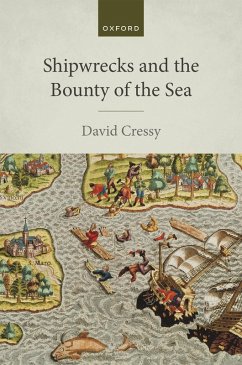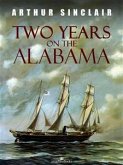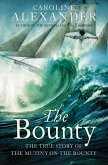Shipwrecks and the Bounty of the Sea is a work of social history examining community relationships, law, and seafaring over the long early modern period. It explores the politics of the coastline, the economy of scavenging, and the law of 'wreck of the sea' from the beginning of the reign of Elizabeth I to the end of the reign of George II. England's coastlines were heavily trafficked by naval and commercial shipping, but an unfortunate percentage was cast away or lost. Shipwrecks were disasters for merchants and mariners, but opportunities for shore dwellers. As the proverb said, it was an ill wind that blew nobody any good. Lords of manors, local officials, officers of the Admiralty, and coastal commoners competed for maritime cargoes and the windfall of wreckage, which they regarded as providential godsends or entitlements by right. A varied haul of commodities, wines, furnishings, and bullion came ashore, much of it claimed by the crown. The people engaged in salvaging these wrecks came to be called 'wreckers', and gained a reputation as violent and barbarous plunderers. Close attention to statements of witnesses and reports of survivors shows this image to be largely undeserved. Dramatic evidence from previously unexplored manuscript sources reveals coastal communities in action, collaborating as well as competing, as they harvested the bounty of the sea.
Dieser Download kann aus rechtlichen Gründen nur mit Rechnungsadresse in A, B, BG, CY, CZ, D, DK, EW, E, FIN, F, GR, HR, H, IRL, I, LT, L, LR, M, NL, PL, P, R, S, SLO, SK ausgeliefert werden.









